What it means to be Local
This is a question that gets thrown around so often in Hawaii. Let’s open up the discussion for this word - What does it mean to be “local”?
The word, as with many words, changes based on the context. For example: If I said, “local produce” - we would all agree that I’m talking about produce that was grown in Hawaii, but if I were to say, “local food” we would all think of spam musubi’s, mac salad, chicken katsu, saimin, and lomilomi salmon. These are all foods that have been brought over or influenced by other cultures, yet hold a special place in our hearts here.
So what about the word “local” as applied to a person? That’s where it gets tricky and I’m bringing it up because I got into a debate about it with my husband the other day and realized that we had slightly different definitions. So what does “local person” mean to you?
To me it means a combination of someone who:
- is part or full aboriginal Hawaiian
- is not part or full aboriginal Hawaiian, but was raised here
- eats local food including poi, laulau, and spam musubi
- gives hugs and kisses on the cheek when greeting others
- stays after a big party to help clean up
- has a big party for their children’s first birthday
- speaks Hawaiian or pidgin
- calls slippers “slippahs” and not “flipflops”
- dances hula, plays ukulele, surfs, or goes spear fishing
- respects their elders or “kupuna”
- can handle the heat here with a fan and an open louver window
- loves giving and receiving lei
- always feeds the people (random or planned) that come into their home
- always makes too much food and sends people home with leftovers
- always likes to talk story with everybody wherever they go
- knows just about everyone on the island
- calls everyone “aunty” or “uncle"
So here’s my list and it’s not even a complete one, but the point I’m trying to make here is that the term “local” is up for interpretation. Unlike terms like “Hawaiian” or “aboriginal Hawaiian”, “local” has wiggle room.
Hawaiian means* “A person that belongs to the Hawaiian Kingdom, such as a national of the Hawaiian Kingdom, irrespective of race, color or creed, called a Hawaiian subject.*
Aboriginal means* “A people first to arrive in a particular region. The native population of the Hawaiian Islands is called aboriginal Hawaiians. In the Hawaiian language, a full-blooded aboriginal Hawaiian is kanaka maoli, and a part aboriginal Hawaiian is hapa haole.”
[*definitions taken from “Ua Mau Ke Ea Sovereignty Endures: An Overview of the Political and Legal History of the Hawaiian Islands”]
“Local” as used here in Hawaii is a word of inclusion. Not everyone can say they are “Hawaiian” or “Aboriginal”, but anyone who assimilates to the culture here (as the famous saying goes, “when in Rome, do as the Romans do.”) can be “local”.
Let the term “local” be offered as a warm welcome and extension of Hawaiian hospitality. Let the term “local” be a term that unites, not divides us.
What are your thoughts on this? What does it mean to you to be “local”?
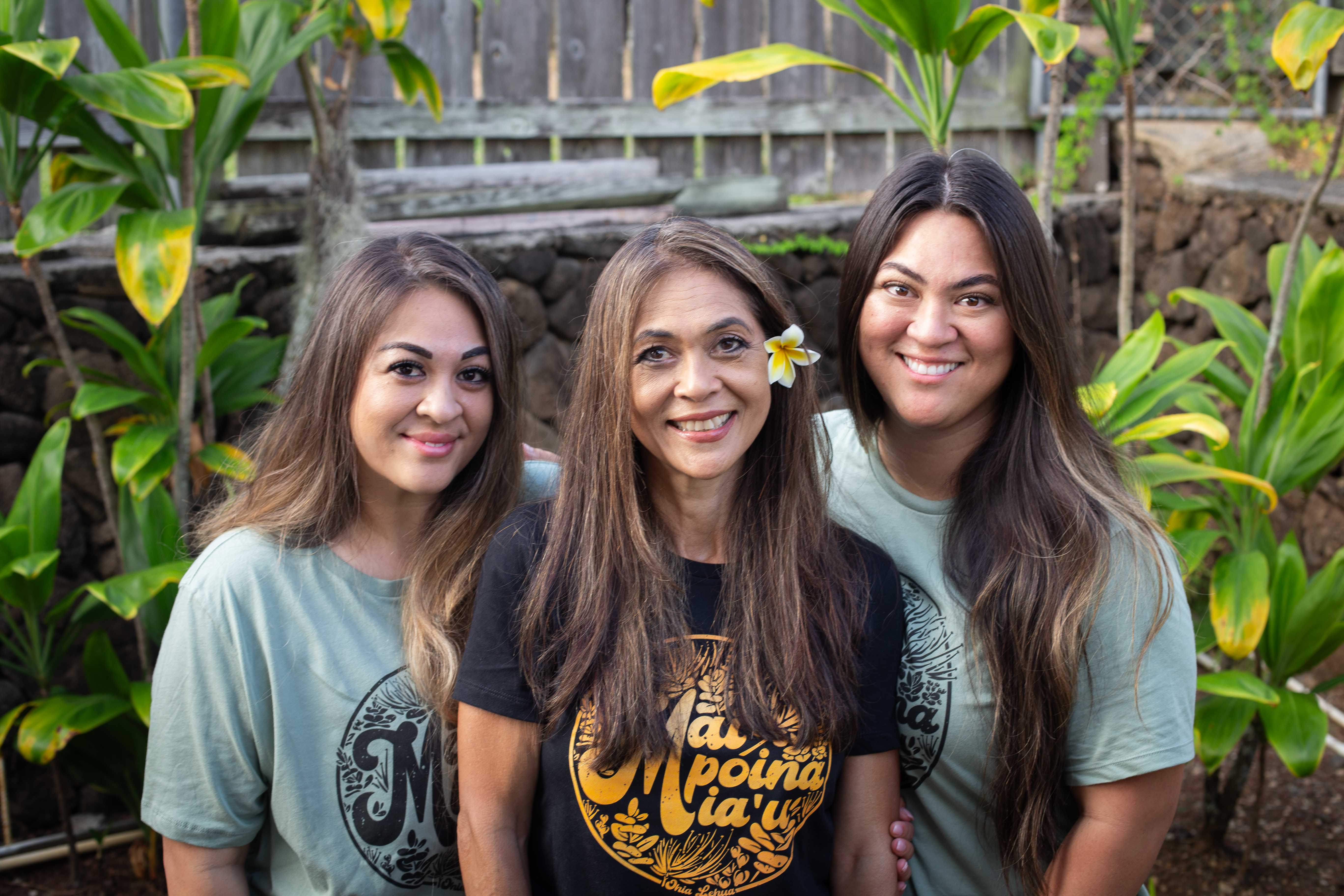
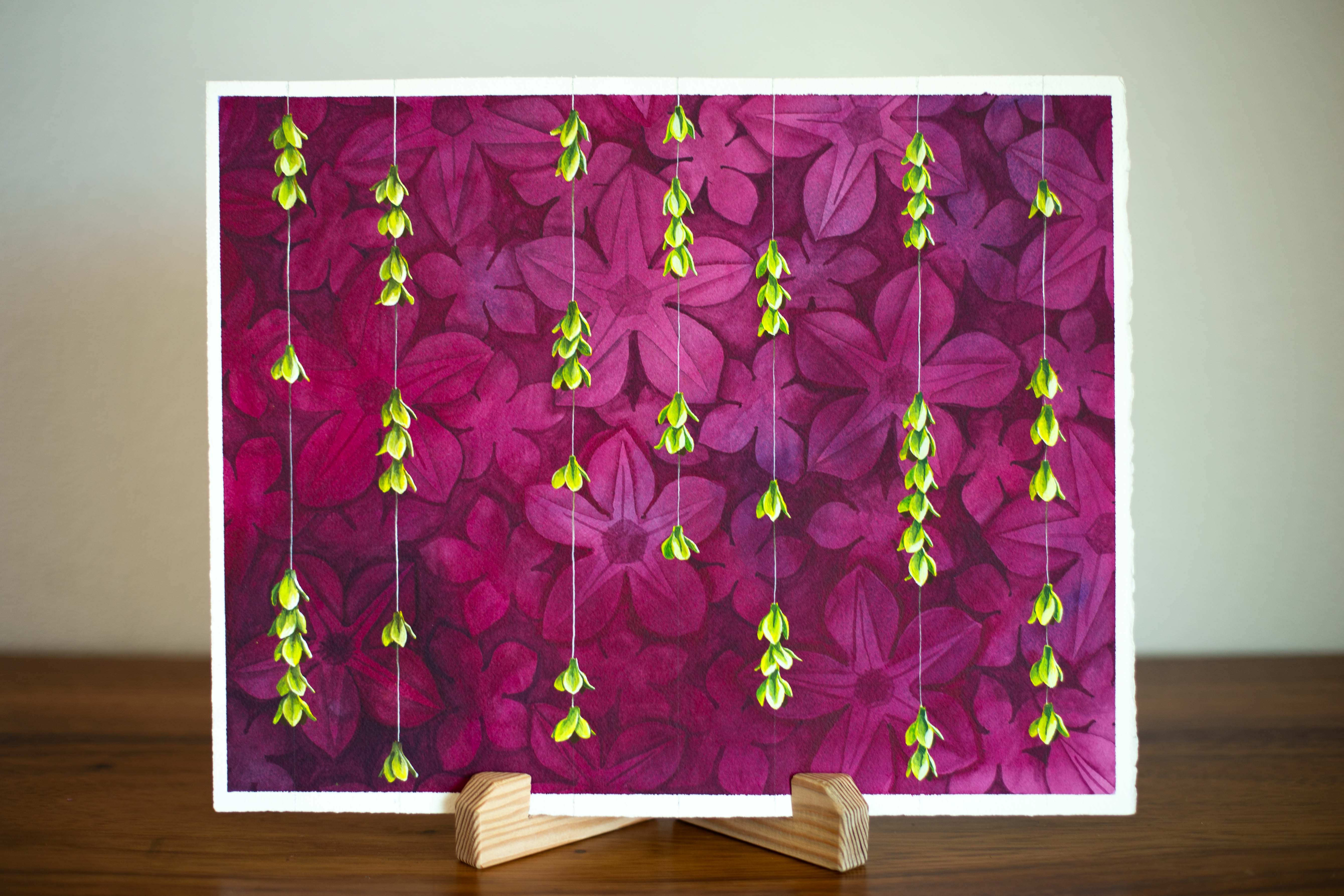
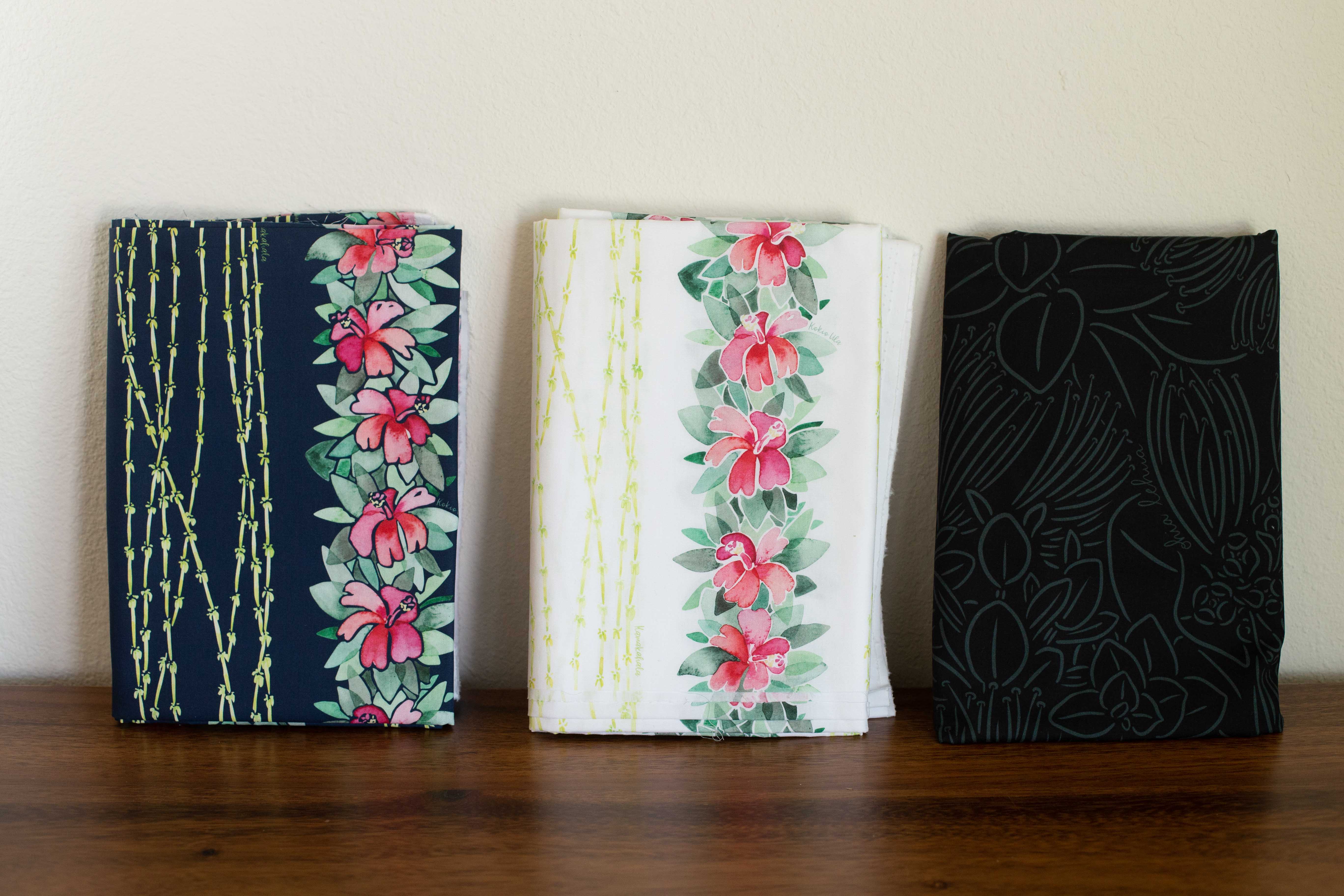
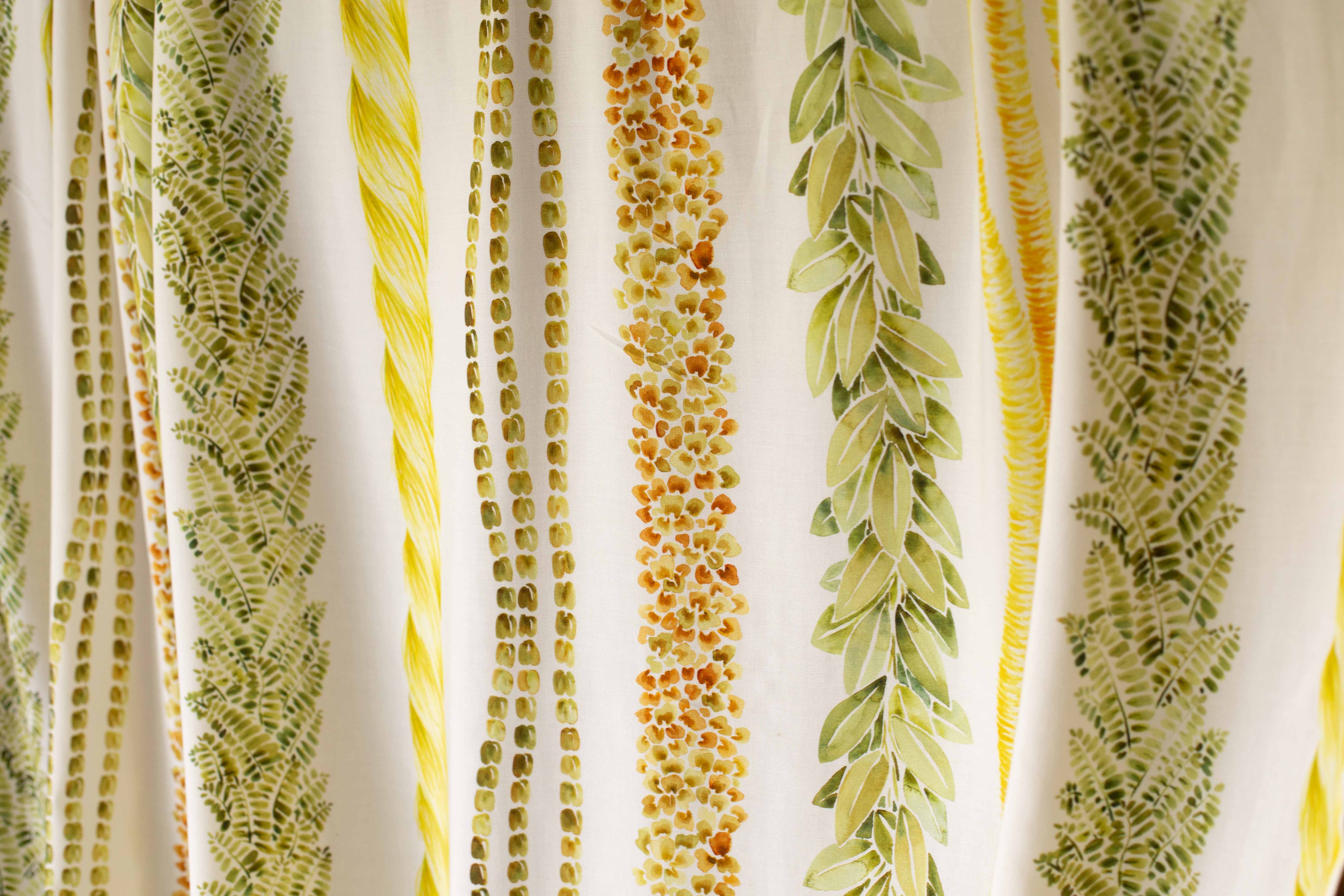
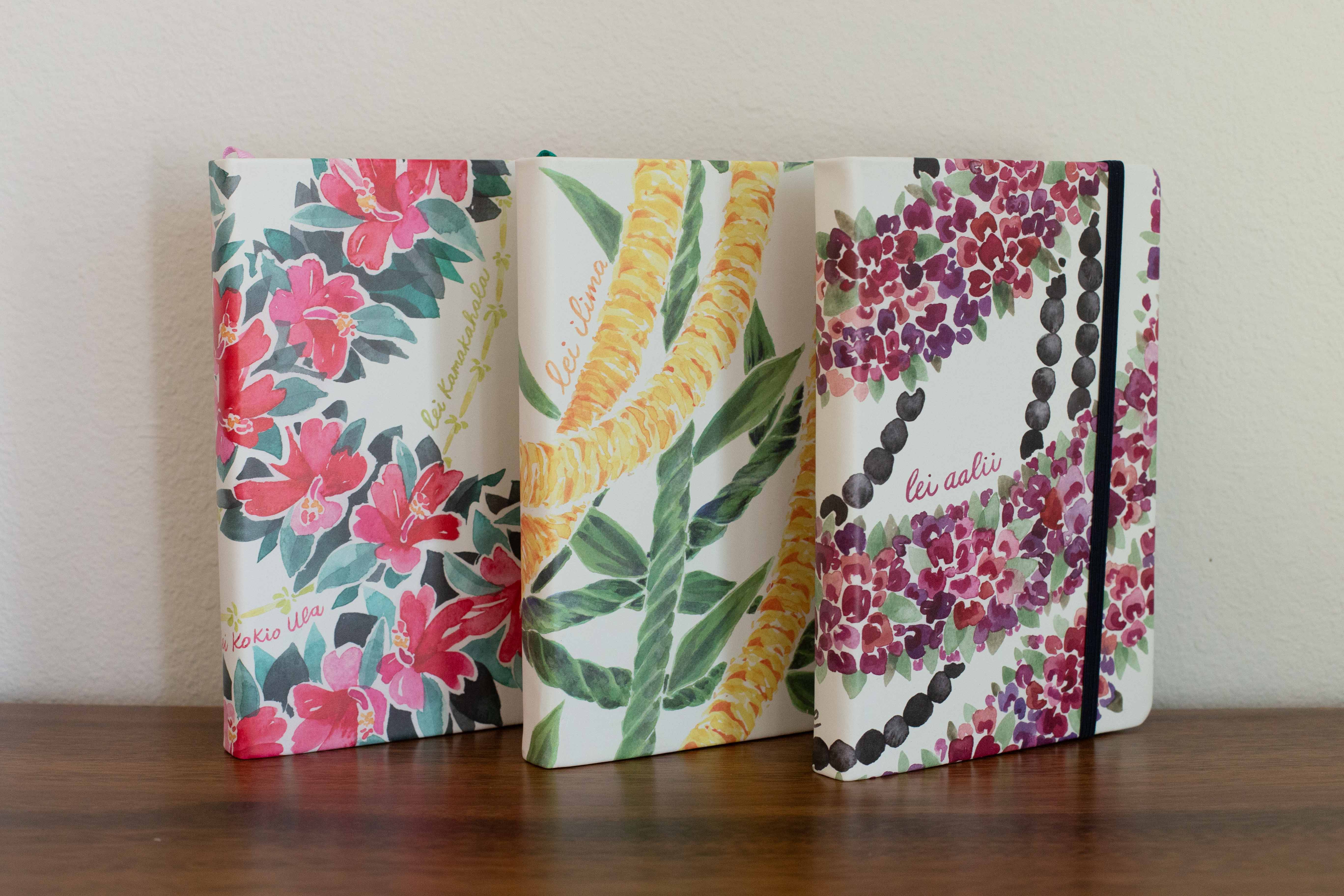


I try to use “local” to refer to people as you described because not everyone is kanaka and I would hate to make that mistake and refer to a person as “Hawaiian” when they aren’t.
That being said, as a Haole who is very assimilated into the culture and with family from here… I wouldn’t be comfortable referring to myself as “local.” I still consider myself to be “Haole” just not “mainland Haole.” Lol! I don’t take any offense to that term, either. I have no clue if that is correct but that’s just how it has been with me and my local friends and also those who are “Hawaiian” or kanaka. I would love to hear other views and insight, however. 🌺
Leave a comment